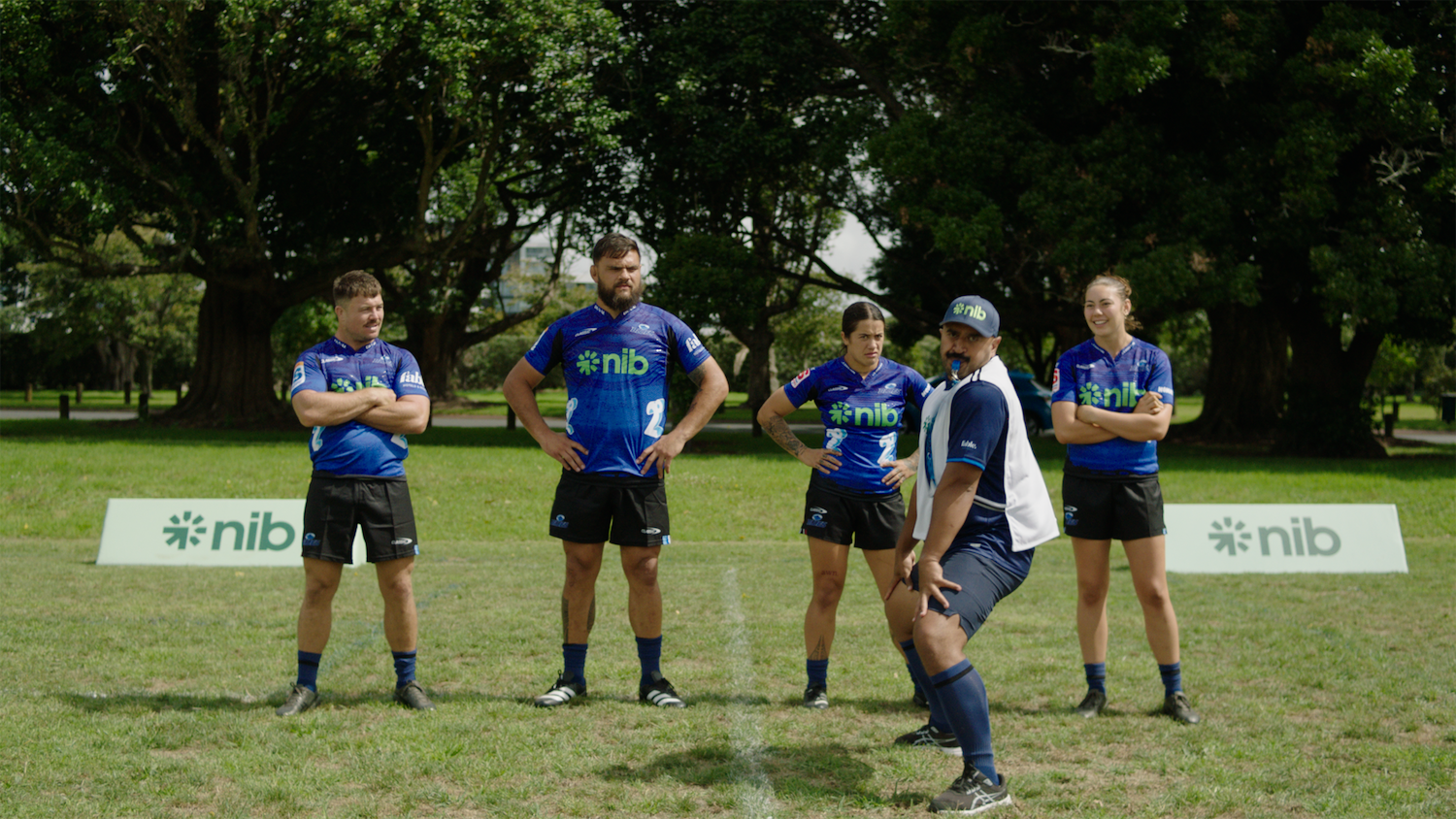Health Screening: Kiwis Falling Behind
nib and the Blues team up to tackle health issues by advocating for proactive health checks
New research by private health insurer, nib New Zealand, has revealed that almost half of Kiwis (46%) are behind on their general health checks yet the majority believe their current health is in good shape.
The survey of 1,010 people conducted in February 2025 found that almost one in six Kiwis (17%) don’t believe or are unsure whether an annual general health screening is necessary. Some respondents were not up to date or had never received important health screenings like dental checks (61%) and eye checks (53%).
When it came to more serious health screenings, 79% of Kiwis surveyed are not up to date or have never received skin checks - despite New Zealand having one of the highest rates of melanoma in the world. Concerningly, even with national screening programs in place eligible Kiwis are still behind on important health screenings such as prostate cancer checks (64%), cervical smears (39%), bowel cancer screenings (36%) and breast cancer screenings (22%).
Some reported that this was a low priority for them, with nearly one third (28%) saying they aren’t committed to staying up to date with their health screening checks.
Disconnect between perception of health and attitude towards checks
Despite many falling behind in their proactive general health screenings, the majority of respondents perceived their current health to be in good, very good or excellent condition (65%). The majority of men (74%) and those in the 60+ age group (64%) shared this view, even though older age can come with increasing levels of disability, frailty, and complex comorbidities.
Rob Hennin, nib Chief Executive says, “At nib we believe that taking a proactive approach to your health is critical to achieving better health outcomes and, in turn, living healthier and happier lives.”
"“Our survey found that while most people rate their health as good, almost half are behind on general health checks with their GP. There’s a clear disconnect between Kiwi’s perceptions of their own health and their willingness to address it. Health screenings are the key to catching potential illnesses early, which means you can get treatment, begin recovery, and return to normal life faster,” adds Hennin.
Bowel cancer screenings are a good example of this, where early treatment means a 90% chance of surviving the cancer.
Barriers to getting screened
Uncertainty about which screening checks they need (36%), cost 29%), not experiencing any current health issues of concern (28%) and being anxious about what it could reveal (19%) were among the main barriers stopping people from getting regular health screenings.
The Blues are backing nib’s mission to tackle health issues
nib and the Blues have teamed up once again to encourage Kiwis to tackle their health issues by being proactive with their health checks and putting the wellbeing of themselves and their whānau top of mind.
Heading into a decade of backing the Blues as its principal sponsor and three years of supporting the nib Blues women’s team, nib strives to help to improve positive health outcomes of all Kiwis, which includes wellbeing initiatives with the Blues and using their platform to raise awareness on important health topics with its passionate rugby community.
Andrew Hore, Chief Executive of the Blues, says, “As professional athletes, our players need to be hyper-aware of their physical and mental health so they can stay match fit and receive the support they need.”
“Kiwis, especially blokes, are notorious for shrugging off health issues and we hope our players can act as role models and encourage more Kiwis to take control of their health and wellbeing by staying up to date with their proactive health screenings,” adds Hore.
nib has enlisted the help of Kiwi media personality, Jordan Vaha’akolo of The Morning Shift Podcast, to coach some of the Blues and nib Blues players on the importance of tackling your health issues with proactive health checks. Jordan’s sister and star winger, Katelyn Vaha’akolo, alongside Maiakawanakaulani Roos, Kurt Eklund and Angus Ta’avao, is subjected to Jordan’s antics in the video, taking a lighter approach to an important health topic.
nib has also developed helpful tools and resources to inform people about the health checks they need at every stage of life and how to stay on top of them.
Download nib’s Warrant of Wellness for more information on how to stay match fit:
Visit www.nib.co.nz/special-offers to see our range of health insurance plans which are easy to use, easy to claim on and can help put you in control of your health journey.

